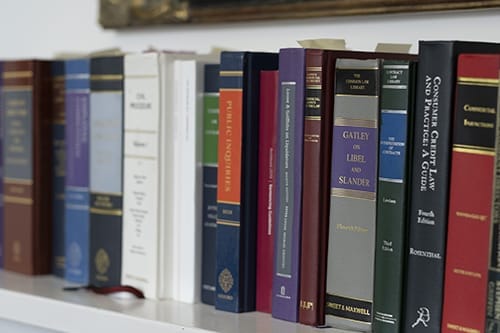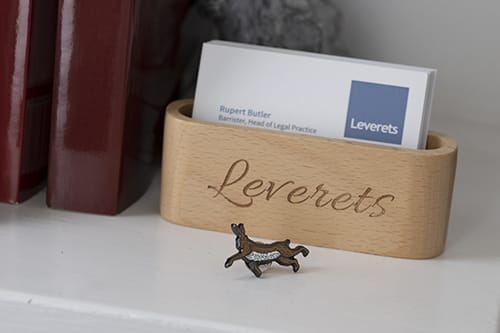What can we possibly learn from the ‘Wagatha Christie’ libel case, and the Johnny Depp v Amber Heard trial?
Both cases hinge on the value of reputation, but both have spectacularly backfired for one simple reason…
The use of social media evidence in both cases has proved costly
There are no major legal lessons to draw from either case, although to my mind they both serve as a timely reminder about saving clients from themselves. That aside, they have both shone a light on how social media and modern messaging evidence has become an important feature of modern trial practice. More importantly, perhaps, the cases demonstrate how naive complainants (and perhaps even their legal teams) still are about the potential of even the most casual, flippant or ‘under the influence’ public rant about a friend, ex-partner, colleague, or even fellow WAG to place them at a self-inflicted disadvantage.
Those who operate behind the protection of a keyboard or mobile device often lose sight of accountability and common sense, failing to remember that social media evidence is discoverable, can be forensically examined, and can hurt them in court.
In her evidence, Coleen Rooney claimed she had no idea her original post in 2019 unmasking Rebekah Vardy as the person responsible for leaking false stories about her to the tabloids would blow up the way it did. Whilst Rebekah Vardy’s foolhardy attempts to dispose of potentially incriminating WhatsApp messages have been described as a “deliberate and calculated” campaign to prevent a fair trial.
In the somewhat confusing case of Johnny Depp v Amber Heard, contemporaneous digital evidence in the form of text messages, social posts, and emails, some of which were apparently sent under the influence of drugs and alcohol, have caused considerable harm to the reputations, and future career prospects, of both parties, in addition to their potential impact on the outcome of proceedings.
Of course, we have seen such naivety before – such as Lord McAlpine’s successful libel case against Sally Bercow after she linked him in a tweet with a TV report about sexual abuse, which wrongly implicated him.
The big lesson of course, is to never assume that anything shared online (either publicly or privately) is fully confidential, or that it is not discoverable or admissible as evidence. Also, keep in mind that a text message, email, or even voice-message is still a permanent record!
image: johnny-deppdreamstime_m_30078477-e1665741798111.png







